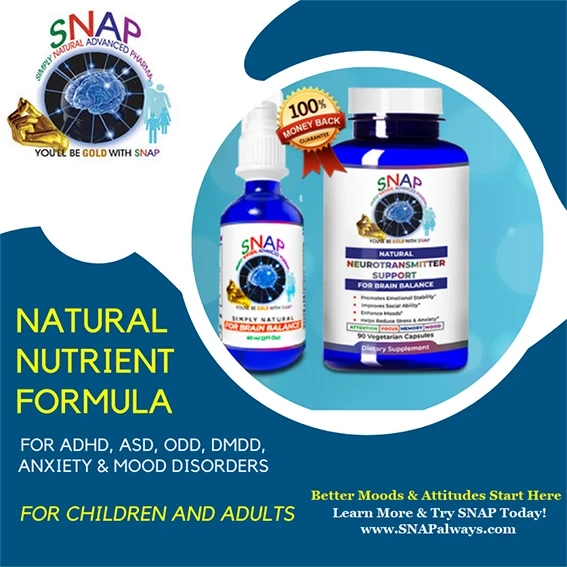The behavioral therapy as well as consideration of each patient's particular needs, stage of life, and symptom intensity is needed for treatment for adhd in women. Effective treatment requires a multimodal approach, which typically includes prescription medication, therapy, counseling, stress-reduction techniques, and alterations to one's surroundings at work and at home. Some women and girls opt for a range of lifestyle changes to manage their ADHD.
The challenge of receiving the proper care
Finding a doctor who can provide women with an ADHD diagnosis with an effective course of treatment may be challenging. Despite the fact that the number of physicians trained in treating adult ADHD is growing, it can be difficult to find a specialist who is aware of the challenges women face when juggling therapy. Most doctors use conventional treatment for adhd in women, which can help with emotional and interpersonal issues but are ineffective for helping women with ADHD learn how to better manage their condition or develop the skills they need to live more purposeful, productive lives.
When controlling their ADHD, women and girls must consider what stage of life they are in. The severity of symptoms can vary depending on changes in hormone levels, daily responsibilities at home, at work, or in school, connections with significant others, partners, or spouses, and interactions with friends, coworkers, and family.
ADHD-focused treatment addresses a variety of issues, including self-esteem, interpersonal and familial issues, daily health routines, daily stress levels, and life management skills. Recent research has found a connection between untreated or poorly managed ADHD symptoms and both general health and life expectancy. The ability of a person to control other chronic medical conditions like diabetes, high blood pressure, or depression is significantly impacted by poorly treated ADHD. When combined with chronic stress, this poor overall health management can result in conditions of persistent ill health and increase the likelihood of an early death.
Medicine for treating ADHD
Medication won't be able to treat ADHD. When it works, it reduces the severity of ADHD symptoms while they are experienced by a girl or woman. Generally speaking, there are two types of medications: stimulants and nonstimulants. Off-label medication that wasn't meant to treat ADHD but has been demonstrated to alleviate some of its symptoms is occasionally prescribed to patients by doctors.
Contrary to what is true for men, treating women with ADHD can be more challenging. Hormone variations can increase ADHD symptoms, especially when estrogen levels are low, throughout the menstrual cycle, in relation to birth control or assisted reproductive technologies, and at various life phases such as puberty, pregnancy, perimenopause, and menopause.



